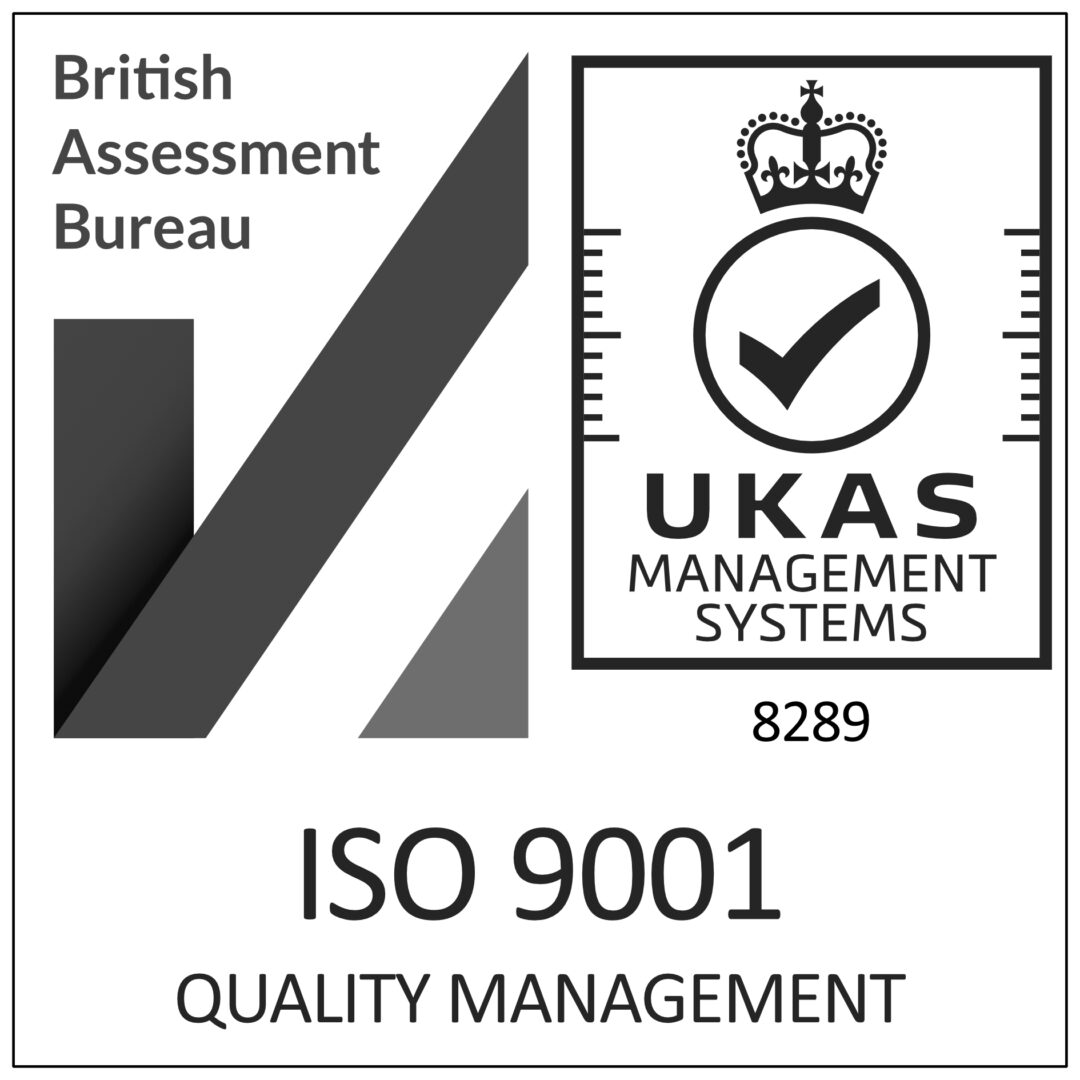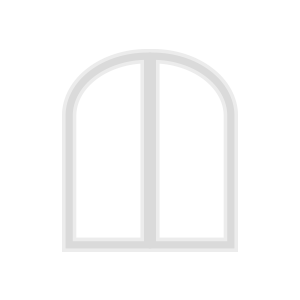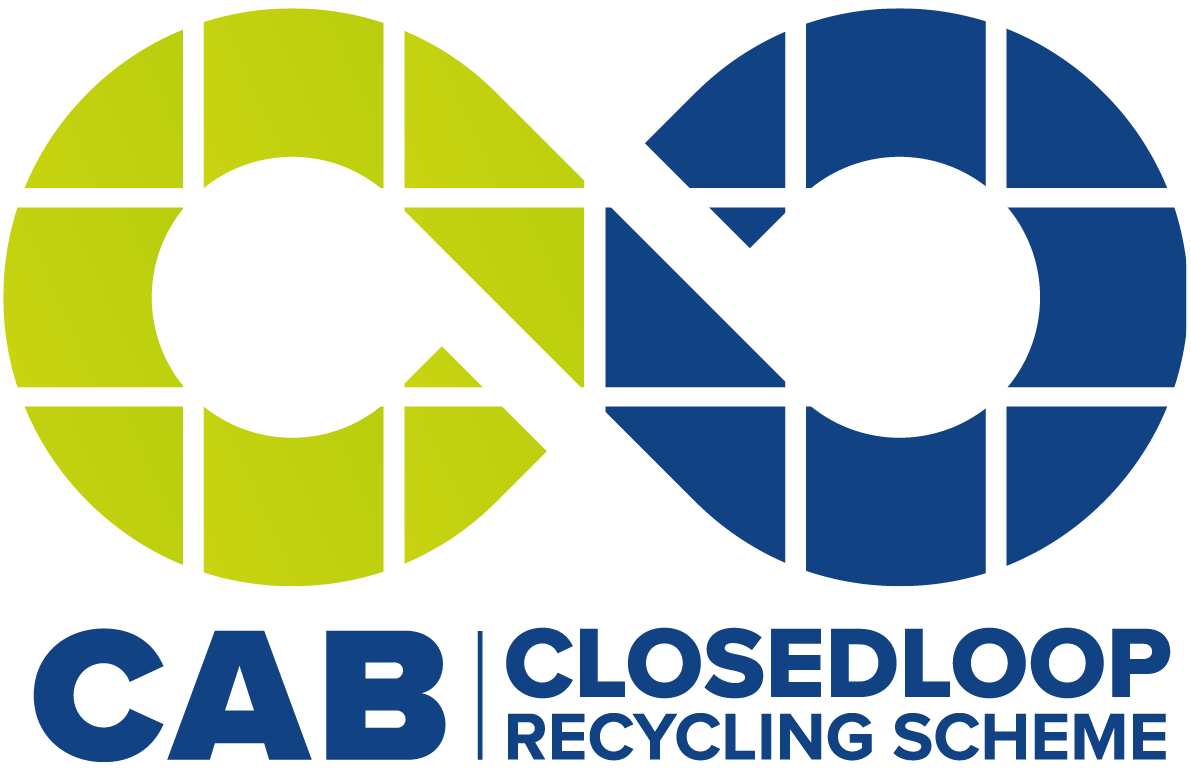When it comes to complex fabrication, the smallest mistake can have big consequences. Whether it’s for architecture, transportation or aerospace, every curve and corner must be just right. That’s why more and more industries are turning to aluminium. The benefits of aluminium – especially for intricate and demanding builds – make it the ideal material for the job.
In this article, we’ll unpack why aluminium stands out in bespoke aluminium fabrication. We’ll explore what makes a fabrication project complex, how aluminium compares to steel and how it helps bring bold, custom designs to life.
What Makes a Fabrication Project ‘Complex’?
Have you ever wondered why some projects take more time, skill and precision than others? It often comes down to complexity.
A complex fabrication project usually involves:
- Unusual shapes or intricate patterns
- Tight tolerances that leave no room for error
- Oversized or awkward dimensions
- Materials that need careful handling
These challenges show up in industries like:
- Architecture and building design
- Aerospace and defence
- Rail and automotive
- Marine engineering
Key Benefits of Aluminium in Fabrication
The benefits of aluminium go far beyond being just another lightweight material.
Lightweight but Strong
Aluminium offers an excellent strength-to-weight ratio. It’s strong enough to hold its own structurally but light enough to reduce load in vehicles and buildings.
Resistant to Corrosion
Thanks to its natural oxide layer, aluminium holds up well against the elements – perfect for marine environments and external façades.
Easy to Shape
It’s highly malleable. That means you can shape, curve and bend aluminium it into complex forms without worrying about cracks. This is a major plus for bespoke aluminium fabrication.
Sustainable and Recyclable
Aluminium is 100% recyclable and doesn’t lose quality through the process. That makes it a win for the planet—and your project’s sustainability goals.
Cost-Efficient Over Time
While it may not be the cheapest option upfront, its durability, low maintenance needs and lightweight nature lead to savings over the long run.
Aluminium vs Steel for Complex Projects
Let’s break down the age-old debate: aluminium vs steel.
Weight and Strength
Steel is strong, no doubt. However, aluminium’s strength-to-weight ratio makes it the smarter choice for weight-sensitive applications, such as aerospace and transportation.
Workability
Need curves or custom shapes? Aluminium handles bending and forming much more easily than steel.
Rust Resistance
Unlike steel, aluminium doesn’t need special coatings to resist rust. That’s less hassle and lower maintenance.
Processing and Accessibility
Aluminium is easier to machine and widely available in custom profiles, which is key for unique fabrication needs.
Where Aluminium Wins
From vehicle bodies to building exteriors, aluminium takes the lead when flexibility, appearance and weight matter.
Made for Customisation
If your project calls for something out of the ordinary, aluminium is your best friend. It works well with shaping processes like:
- Extrusion for complex cross-sections
- Rolling and stretching for large or curved surfaces
You also get a range of finishing options:
- Painted or powder-coated finishes
- Anodised surfaces for extra protection and colour
- Thermally broken sections for energy efficiency
Why Aluminium Continues to Lead the Way
In the world of fabrication, the benefits of aluminium are impossible to ignore. It’s strong, flexible, corrosion-resistant and sustainable – everything you need for modern, complex builds.
More than just a material, aluminium is helping push boundaries in engineering and architecture. But to get the most out of it, you need people who know how to work with it properly. With over 30 years of experience and the largest aluminium bending capacity in the UK, ABS have helped shape some of the country’s most ambitious infrastructure and architectural projects. Our team combines skill, in-house tooling and ISO-certified quality to deliver reliable results every time.
Have a bold design in mind? Need help solving a tricky fabrication challenge? Get in touch with ABS.







